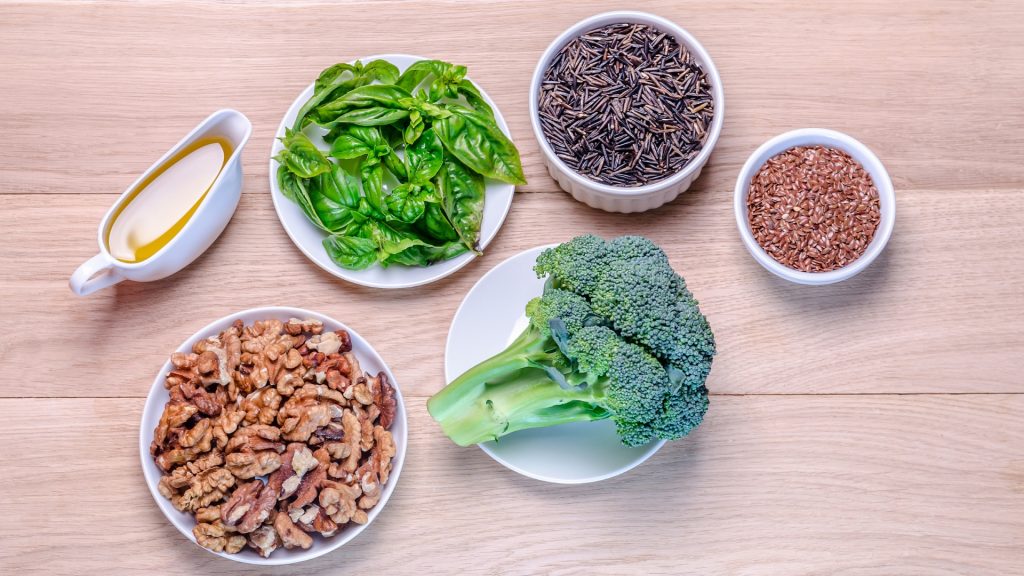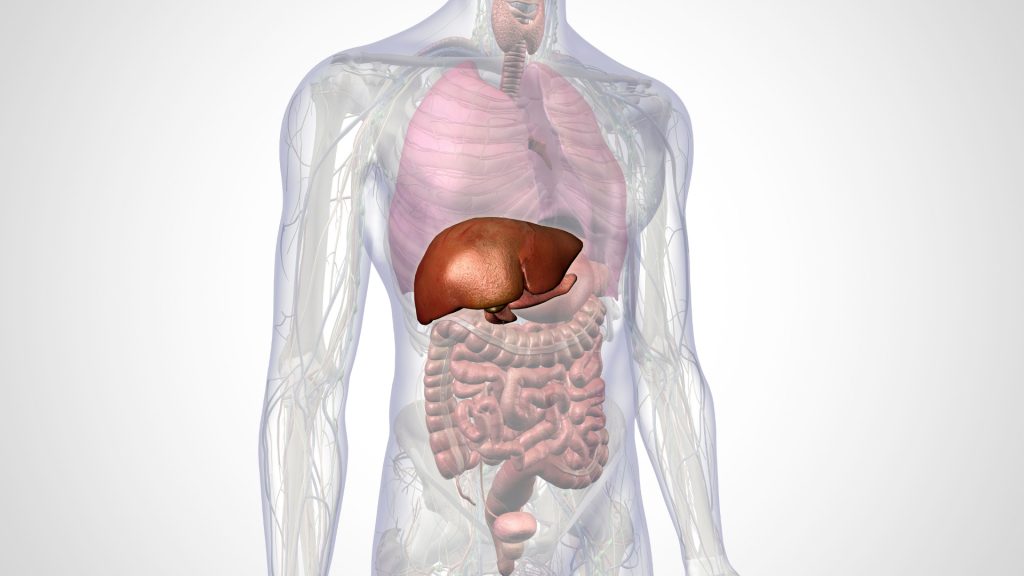Are You Eating the Daily Recommended Amount of Fruits and Vegetables?
An apple a day may keep the doctor away, but it’s not quite enough to meet the United States Department of Agriculture’s recommended number of servings of fruits and veggies per day.
- Fruits and vegetables are loaded with essential vitamins and minerals critical to maintaining good health
- Skimping on fruit and vegetables is becoming a worldwide issue, according to the American Society for Nutrition.
The study found that not eating enough fruit and vegetables is linked to millions of deaths from heart disease and strokes each year.
What’s more, diets rich in fruit and vegetables are linked to helping prevent the development of type 2 diabetes, per July 2020 BMJ study.
How Many Servings of Fruit per Day – Adults should eat about 2 cups of various fruits each day. Eat them as a whole fruit. In other words, you should be eating about 4 servings of fruit per day (a serving is about the size of your fist), according to the American Heart Association (AHA).
How Many Servings of Vegetables per Day – Adults should aim to get about 2 to 3 cups of a variety of vegetables each day. That’s about 5 servings of vegetables per day (one serving is about a half to a full cup of veggies, depending on the type you’re eating.)
Like fruit, vegetables are healthy if eaten fresh or frozen.
Fruits contain fibre and a variety of vitamins and minerals, and they get their sweetness from natural sugar. Vegetables are low in calories and fat, high in fibre and cholesterol-free. They provide a variety of essential nutrients, including vitamins A and C, potassium, fibre and folate. Eating them enough each day can help lower blood pressure, reduce the risk of heart disease and prevent certain types of cancer, among other benefits, according to the Harvard School of Public Health.
However, studies show only 1 in 10 adults get the recommended servings of fruit and vegetables each day.
Unfortunately, the Tufts University study found, 1 in 7 cardiovascular deaths can be linked to simply not eating enough fruit every day, and 1 in 12 cardiovascular deaths can be attributed to not eating enough veggies. To put this into perspective, this amounts to roughly one million total deaths just from skimping out on vegetables…
Few Tips for Eating More Fruit and Vegetables
- Start introducing more fruits and veggies by snacking smart.
- While grabbing a quick, packaged granola bar on the go is convenient, replacing processed snacks with fresh fruit or vegetables is a healthier option.
- Pre-prep your snacks: At the beginning of the week, set aside time to wash large quantities of fruit and vegetables, dividing them into snack-sized baggies for convenience.
- Make a conscious effort to incorporate more fresh fruit into your daily diet
- Try substituting jam with fruit on your toast, adding fresh blueberries to plain Greek yoghurt or in your oatmeal.
- Make vegetables the centrepiece of each dish you cook: Fill your plate primarily with vegetables and add whole grains and meat as a side dish. While this may seem insufficient for a full meal at first, you will notice the fibre content in veggies will keep you satisfied and get you closer to the proper amount of nutrients.
- Experiment with new fruit and veggie combinations: Pair your veggies with healthy dips like hummus or guacamole to make them more enticing. Alternatively, try adding some strawberries or orange slices to your salad.












